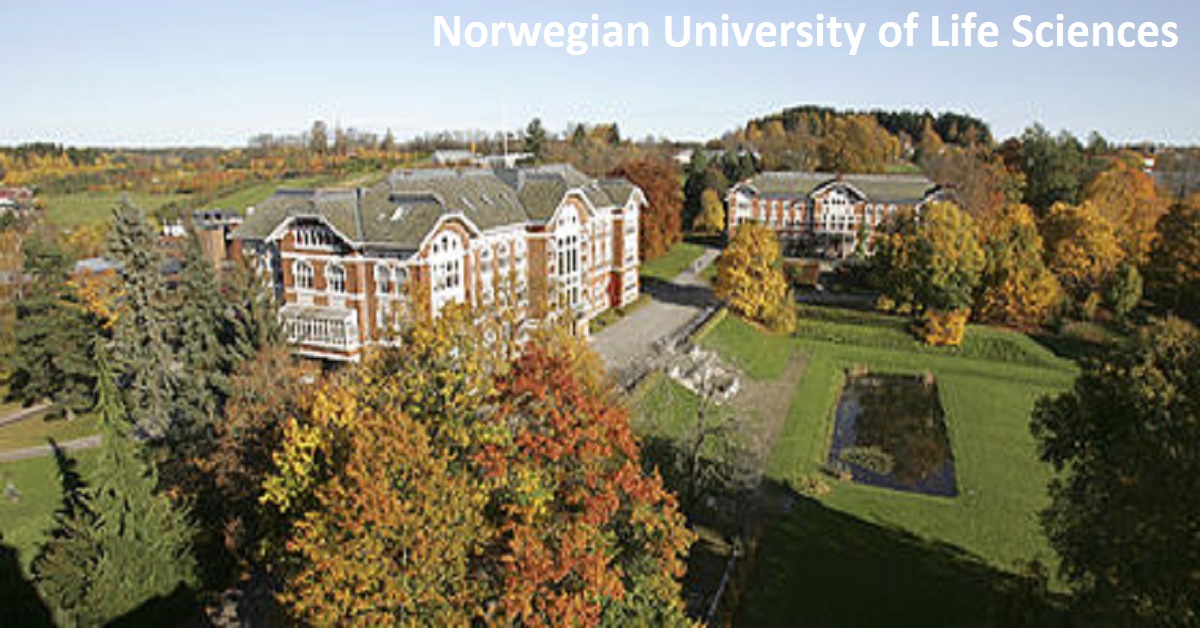Uppsala University is a comprehensive research-intensive university with a strong international standing. Our ultimate goal is to conduct education and research of the highest quality and relevance to make a long-term difference in society. Our most important assets are all the individuals whose curiosity and dedication make Uppsala University one of Sweden’s most exciting workplaces. Uppsala University has over 45,000 students, more than 7,000 employees and a turnover of around SEK 7 billion.
Admission to PhD studies in the subject engineering sciences with specialization in microsystems technology
Research group: EMBLA is a research group that focuses on developing new and also using already existing methods for the manufacture of microfluidic systems that can be used in new experimental platforms for visualization and characterization of cells in the life sciences. There are currently about 20 people in the research group and we are now recruiting another doctoral student for one of the research projects.
More information on the research group's profile is available in the website:
https://materialvetenskap.uu.se/microsystems-technology+/research-areas/cells-and-diagnosics/embla/.
Research project: Despite the immense biomaterial (e.g. dental implants or synthetic bone grafts) developments over the years, a very small proportion of these new materials become clinical products. This can be partially attributed to the lack of correlation between the consecutive methods used to assess the biological properties of biomaterials, namely cell cultures (in vitro), animal testing (in vivo) and clinical trials (with volunteer patients), since it leads to an iterative, long and often prohibitively expensive process.
This research project will focus on the development of a new research tool to recreate the biological and physical stimuli of the host tissue upon the implantation of a biomaterial, to improve the in vivo resemblance of the test models and to increase predictive precision. To achieve this, bone repair biomaterials will be integrated in microfluidic platforms to study the biological properties of biomaterials in a more reliably manner.
Work duties:The main duties of doctoral students are to devote themselves to their research studies which includes participating in research projects and third cycle courses. The work duties can also include teaching and other departmental duties (no more than 20%).
The tasks within this research project involve planning and carrying out experiments, analyzing the results and disseminating the new knowledge through scientific articles and presentations at international conferences.The research project is interdisciplinary and involves, among other things, carrying out different types of experiments to, for example, produce a microfluidic system with different microfabrication techniques, manufacture different biomaterials and to grow cells on a biomaterial integrated in the microfluidic system.
Qualifications requirements: Master’s level or equivalent (e.g. MSc in Engineering), with specialization in materials engineering, biotechnology, chemical engineering or in another appropriate discipline.
We require very good oral and written proficiency in English.
Additional qualifications: Experience in microfabrication, biomaterials and cell cultures is considered a merit
Great emphasis will be placed on personal qualities such as good collaboration and communication skills. The applicant should be pro-active, structured and be able to work effectively both individually and in groups. It is also important that the candidate has enthusiasm for the doctoral program and is motivated to learn new methods and technologies.
Admission requirements:
A person meets the general admission requirements for third-cycle courses and study programs if he or she:
- has completed a second-cycle qualification, or
- has completed the requirements for courses comprising at least 240 credits of which at least 60 credits were awarded in the second cycle, with content that is relevant to the doctoral program, or
- has acquired substantially equivalent knowledge in some other way in Sweden or abroad.
Rules governing PhD students are set out in the Higher Education Ordinance chapter 5, §§ 1-7 and in Uppsala University's rules and guidelines.
Instructions for application: Your application should include the following:
1) A letter describing yourself, your research interests, why you want to pursue a PhD, and why you are a suitable person for the project.
2) CV – maximum two pages.
3) A copy of your Master diploma and complete list of your course grades.
4) Copies (or drafts thereof) of thesis work and other documents, such as publications.
5) Name and contact information (address, e-mail address and telephone number) of at least two people who have agreed to act as references for you. Your relationship to each of the references should be stated.
The application should preferably be written in English.
Salary: According to local agreement for PhD students.
Starting date: 2021-09-15 or or as otherwise agreed.
Type of employment: Temporary position according to the Higher Education Ordinance chapter 5 § 7.
Scope of employment: 100 %.
For further information about the position please contact: Assoc. Prof. Gemma Mestres, tel: 018-471 3235, e-mail: Gemma.Mestres@angstrom.uu.se.
Please submit your application by 20th of July 2021, UFV-PA 2021/2799.
Are you considering moving to Sweden to work at Uppsala University? Find out more about what it´s like to work and live in Sweden.
Please do not send offers of recruitment or advertising services.
Submit your application through Uppsala University's recruitment system.
Placement: Department of Materials Science and Engineering
Type of employment: Full time , Temporary position longer than 6 months
Pay: According to local agreement for PhD students
Number of positions: 1
Working hours: 100 %
Town: Uppsala
County: Uppsala län
Country: Sweden
Union representative: ST/TCO tco@fackorg.uu.se
Seko Universitetsklubben seko@uadm.uu.se
Saco-rådet saco@uadm.uu.se
Number of reference: UFV-PA 2021/2799
Last application date: 2021-07-20



